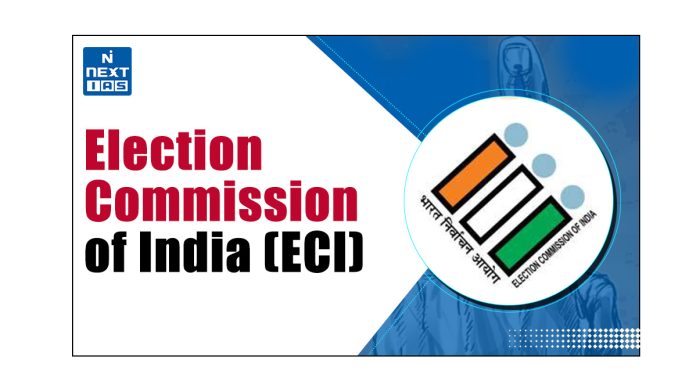The Supreme Court on Thursday suggested that the Election Commission of India (ECI) should consider Aadhaar cards, Voter ID cards, and ration cards as valid identity documents during the ongoing Special Intensive Revision (SIR) of electoral rolls in Bihar. This recommendation was made while hearing multiple petitions challenging the ECI’s June 24 directive, which excluded these widely used documents from the list of acceptable proofs of citizenship.
A bench comprising Justices Sudhanshu Dhulia and Joymalya Bagchi emphasized that the ECI’s list of 11 documents, as mentioned in its June 24 order, was “illustrative, not exhaustive.” Accordingly, the court remarked, “It will be in the interest of justice that Aadhaar, Electoral Photo Identity Card (EPIC), and ration card are also taken into account.”
However, the court clarified that its suggestion was not a binding directive. “If you have good reason to discard Aadhaar, you do it—give reasons,” said Justice Dhulia, underscoring that the Commission retains discretion to accept or reject documents with appropriate justification.
The next hearing is scheduled for July 28, 2025, and the ECI has been directed to file its counter-affidavit by July 21. The petitioners, represented by Senior Advocate Gopal Sankaranarayanan on behalf of the Association for Democratic Reforms (ADR), refrained from seeking interim relief since the draft electoral roll is expected only on August 1.
The court acknowledged the grave concerns raised by the petitioners, noting that the case touches “the very root of democratic functioning—the right to vote.” It identified three central issues: the ECI’s authority to initiate such a revision, the legality and process of the revision, and the timing—especially with the Bihar Assembly elections looming in November.
Advocate Sankaranarayanan challenged the constitutional and legal validity of the SIR, stating that the Representation of the People Act (RP Act) only permits two types of revision: intensive and summary. “This is a third category, unprecedented and legally undefined,” he argued.
He also criticized the arbitrary cutoff year of 2003, which targets only voters registered after that year. “This artificial classification is unsupported by law,” he noted.
Justice Dhulia responded by pointing out that the ECI was acting within its constitutional mandate, although he acknowledged that the 2003 cutoff could still be logically scrutinized. Justice Bagchi cited Section 21(3) of the RP Act, which allows the ECI to carry out a special revision “in such manner as it may think fit,” thereby granting it broad powers.
Nevertheless, the court appeared troubled by the exclusion of Aadhaar and Voter ID cards—documents already recognized under election laws. “Some of the documents already listed rely on Aadhaar,” Justice Dhulia remarked. Justice Bagchi further added that removing Aadhaar “runs contrary to the scheme of the Act.”
The petition also pointed out possible discriminatory practices, including special treatment given to judges, officials, and public figures. The bench dismissed this concern, calling it a practical rather than a legal issue. “Don’t go to the bylines, stick to the highway,” Justice Dhulia advised.
The case continues to raise important legal and democratic questions, and the Court is expected to deliberate further on the validity and implications of the ECI’s actions in the upcoming hearings.




